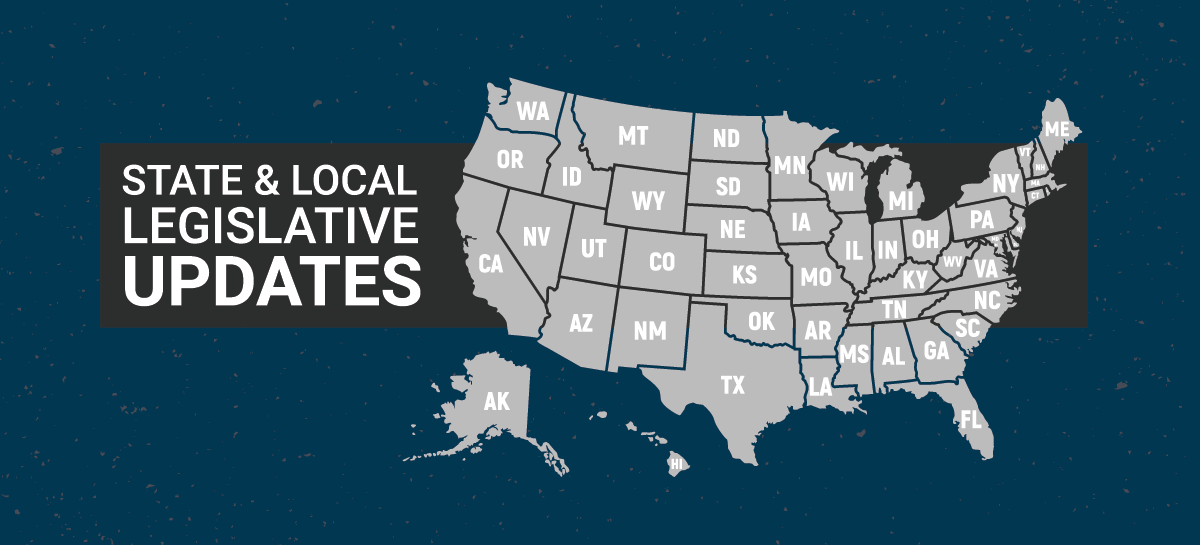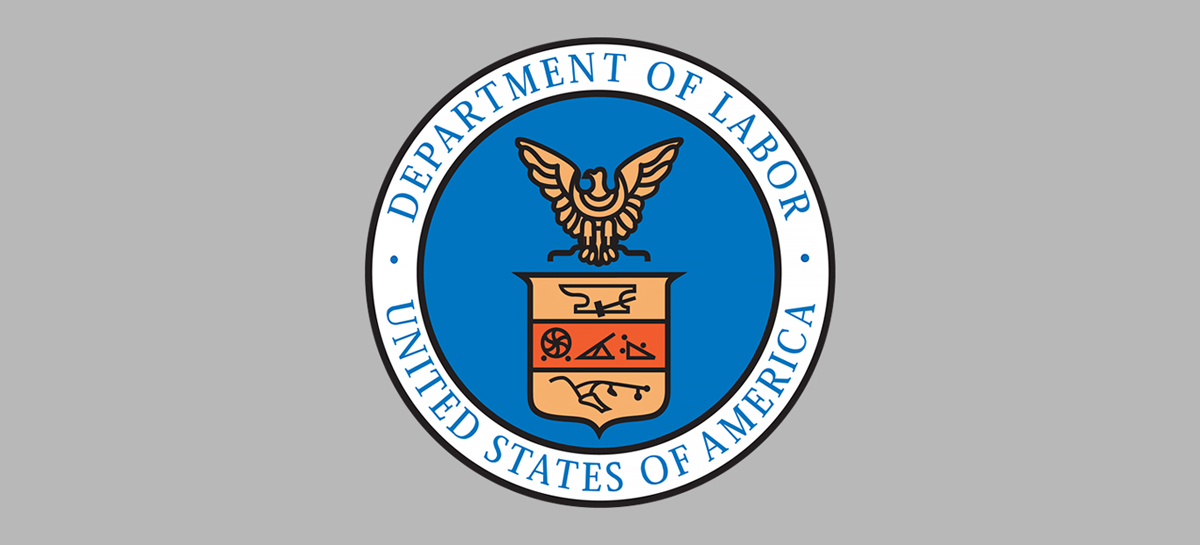
Half of Managers Expect Layoffs in 2025 – According to a new report from ResumeTemplates.com, nearly half (45%) of U.S. managers said their company will likely lay off workers this year. ResumeTemplates surveyed 1,000 U.S. managers in January, and most expect modest impacts. Among companies expecting layoffs, 28% plan to lay off fewer than 5% of their workforce, and 44% project to lay off between 5% and 10%. Most companies (51%) cited an economic downturn as the driving force behind layoffs.
Continue reading






